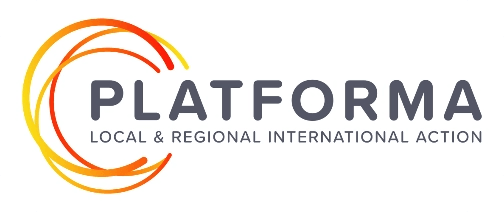Austria: The Austrian Recovery and Resilience Plan supports Austrian cities and municipalities, primarily in the area of green transition and social cohesion. The Austrian Association of Cities and Towns’ (AACT) focus is not limited to SDG 11 but involves a holistic approach.
The pandemic left Iceland relatively unscathed and a special recovery plan has therefore not proven necessary.
In Lithuania, the national government has adopted a national recovery and resilience plan and financial package. The Association of Local Authorities in Lithuania (LSA) has taken an active role in identifying relevant components (fields) of the plan for investments, most of which reflect an urban dimension and SDG 11.
Serbia is currently preparing a proposal for a national adaptation program to climate change, and The Standing Conference of Towns and Municipalities (SKGO) has been involved in the working group preparing this document.
In Spain, a national global recovery plan (https://planderecuperacion.gob.es/) is already in place. At subnational level, the Barcelona Provincial Council (DIBA) has set up an office aimed at local entities to facilitate access to European recovery funds.
In Spain, EUDEL has developed initiatives providing information and support to local governments regarding the “Next Generation EU” local funds (https://next.eudel.eus/) and has played the role of facilitator in partnerships between Basque municipalities and institutions at other levels. It has also promoted partnerships among municipalities.
In Spain, the eLankidetza-Basque Government Agency for Development Cooperation Agency and Euskal Fondoa/Basque Local Authorities Cooperation Fund (EUSKADI) have already linked their priorities and projects to each SDG. With respect specifically to SDG 11, the Basque Government Agency for Development Cooperation has identified several cooperation projects; details can be found here. Euskal Fondoa has also led AKUAL cooperation projects involving El Salvador. The Euskadi-Basque Country cooperation actors have taken a leading role and are involved in seven flagship projects that concretely tie in to SDGs. One such project, "Opengela", promote a green and inclusive ecosystem in transport, cities and urban planning directly concerns SDG 11. Complete information regarding the flagship projects can be found here.
In the Netherlands, the Association of Netherlands Municipalities (VNG) has developed various products that support municipalities in tackling the social and economic impact of coronavirus measures. The COVID-19 Social Impact Committee issued a report 'Socially stronger out of the crisis'. VNG also ensures the municipal recovery agendas are taken into consideration at the national level so that national, regional and local connections can be established, and communicates what municipalities need and how they can contribute towards achieving socially, economically and physically sustainable cities and communities (SDG 11). Taking an entirely novel and innovative approach to achieving SDG 11, VNG developed and launched in 2022 its Sustainable Development Goalggles: a virtual urban sustainability test that consists of a four-minute virtual reality game experience used in congresses to give an overview of various components relevant to SDG 11, in which players (municipal officials) have to eliminate elements that are not in line with SDG 11.
